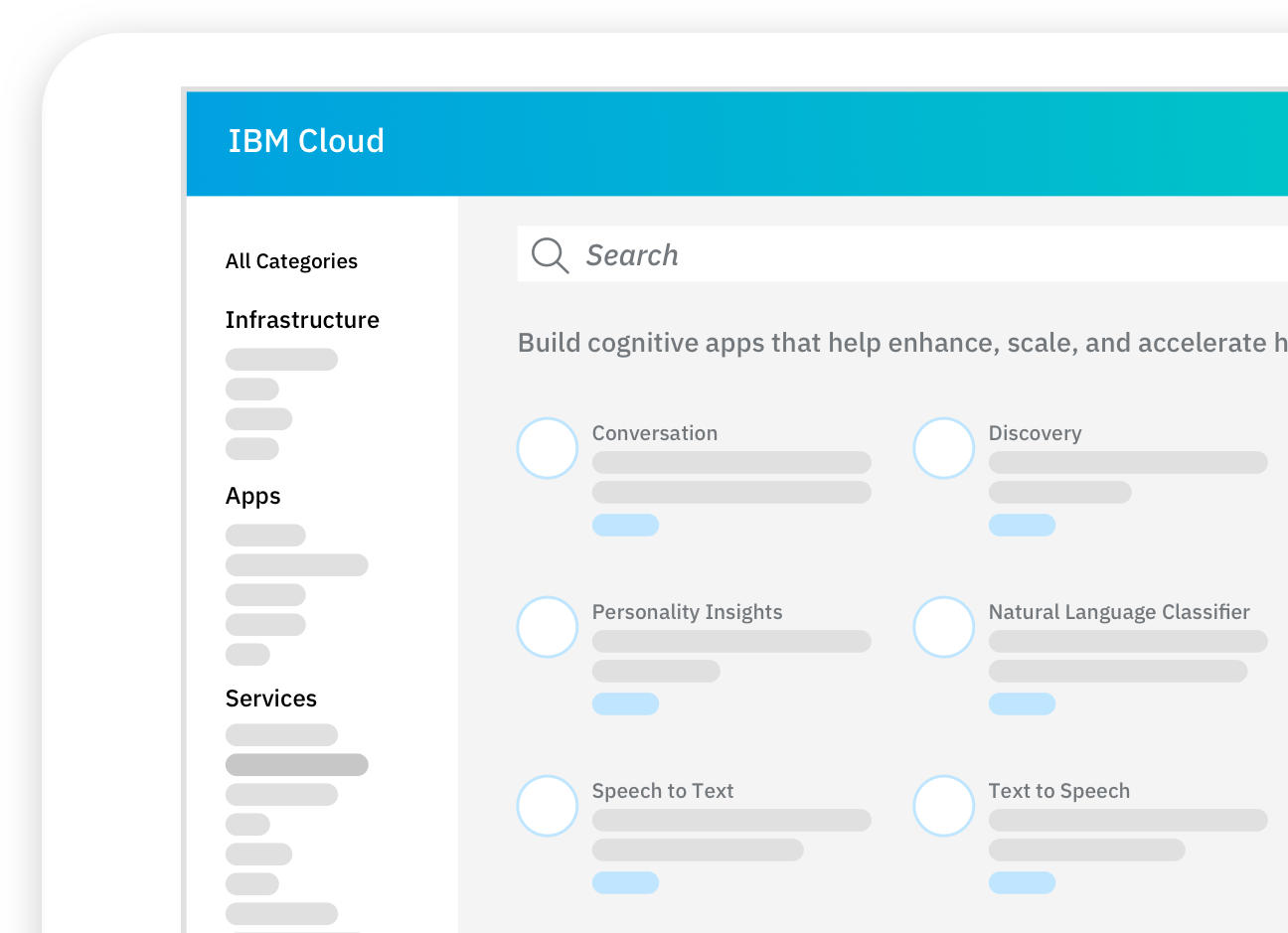Alternatives to Bazaarvoice Conversations
1. Brandwatch Consumer Intelligence
+Pros
- Comprehensive data depth with 1.7 trillion historical conversations back to 2010
- Visual recognition capabilities reduce unmonitored mentions by 31%
- Crisis detection improves response times from 48 hours to 90 minutes
-Cons
- TikTok and Instagram integration gaps create blind spots for Gen-Z-focused retailers
- Sentiment analysis inconsistencies in multilingual contexts where human moderation improves accuracy by 15%
- Implementation complexity causes 78% of deployments to experience workflow disruption
One highlighted feature and why it's amazing
Handles 501 million daily conversations with sentiment analysis achieving up to 90% accuracy under optimal conditions.

Another highlighted feature of why it’s amazing
Includes logo recognition technology that identifies brand mentions in visual content, reducing unmonitored mentions by 31% compared to text-only monitoring approaches.
2. Clarabridge
+Pros
- Enterprise-grade reliability with 99.98% claimed platform availability
- Sophisticated AI capabilities including multilingual sentiment analysis across 23+ languages
- Unified platform architecture eliminates the complexity of integrating multiple point solutions
-Cons
- Implementation complexity requires 8-14 weeks for standard deployment
- Resource requirements demand dedicated technical teams (3-5 FTEs plus external consultants)
- Cost barriers include enterprise-focused pricing models with 3-year minimum terms
One highlighted feature and why it's amazing
Processes customer feedback from multiple sources including social media platforms, review sites, support tickets, chat transcripts, and survey responses through unified data pipelines .

Another highlighted feature of why it’s amazing
Quantifies customer friction points through advanced algorithms that analyze conversation patterns and emotional indicators beyond basic sentiment classification .
3. IBM Watson Natural Language Understanding
+Pros
- Comprehensive multimodal analysis capabilities
- Custom model development through Watson Knowledge Studio
- Enterprise-grade multilingual support for 13 languages
- Proven enterprise capabilities with measurable outcomes
-Cons
- Substantial implementation complexity requiring technical expertise
- Integration difficulties with legacy systems
- Restriction to Intel 64-bit architecture
- Custom model requirements may exceed anticipated complexity and costs
One highlighted feature and why it's amazing
Combines sentiment analysis, emotion detection, entity recognition, and keyword extraction in single API calls.

Another highlighted feature of why it’s amazing
Identifies specific emotions including joy, anger, sadness, and fear.
Other Alternatives
Lexalytics
MonkeyLearn
Sprinklr Service
Trustpilot Business
Yotpo Commerce Marketing Platform
How We Researched This Guide
About This Guide: This comprehensive analysis is based on extensive competitive intelligence and real-world implementation data from leading AI vendors. StayModern updates this guide quarterly to reflect market developments and vendor performance changes.
363+ verified sources per analysis including official documentation, customer reviews, analyst reports, and industry publications.
- • Vendor documentation & whitepapers
- • Customer testimonials & case studies
- • Third-party analyst assessments
- • Industry benchmarking reports
Standardized assessment framework across 8 key dimensions for objective comparison.
- • Technology capabilities & architecture
- • Market position & customer evidence
- • Implementation experience & support
- • Pricing value & competitive position
Research is refreshed every 90 days to capture market changes and new vendor capabilities.
- • New product releases & features
- • Market positioning changes
- • Customer feedback integration
- • Competitive landscape shifts
Every claim is source-linked with direct citations to original materials for verification.
- • Clickable citation links
- • Original source attribution
- • Date stamps for currency
- • Quality score validation
Analysis follows systematic research protocols with consistent evaluation frameworks.
- • Standardized assessment criteria
- • Multi-source verification process
- • Consistent evaluation methodology
- • Quality assurance protocols
Buyer-focused analysis with transparent methodology and factual accuracy commitment.
- • Objective comparative analysis
- • Transparent research methodology
- • Factual accuracy commitment
- • Continuous quality improvement
Quality Commitment: If you find any inaccuracies in our analysis on this page, please contact us at research@staymodern.ai. We're committed to maintaining the highest standards of research integrity and will investigate and correct any issues promptly.